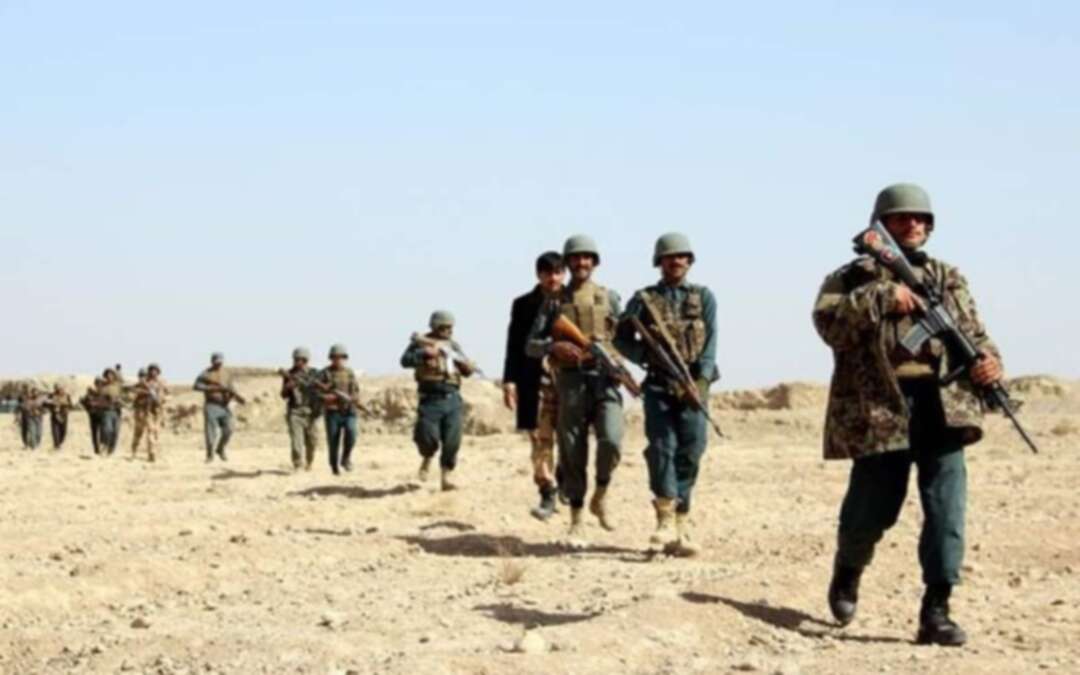-
Following The US Withdrawal, Afghans are Bracing for Further Conflict and Chaos

According to the We For News, the US military’s recent handover of the Bagram Air Base near Kabul to the Afghan government effectively marks the end of a 20-year war that has cost more than $2 trillion. With the Taliban, which had been removed from power by the 2001 US-led invasion, now poised to regain control, many in Afghanistan and the region are bracing for further conflict and chaos.
In this Big Picture, former German Foreign Minister Joschka Fischer warns that the humanitarian consequences of the West’s withdrawal could be catastrophic. Former Swedish Prime Minister Carl Bildt agrees, and argues that avoiding a new spiral of violence requires US President Joe Biden’s administration to ensure that any exit strategy includes a plan for the country.
Without such planning, warns Brahma Chellaney of the New Delhi-based Center for Policy Research, a full US military withdrawal will make America an accomplice of the Taliban and trigger a rebirth of global terror.
The problem with this and other sensible demands, Council on Foreign Relations President Richard Haass pointed out last spring, is that the US weakened its leverage with the Taliban by its obvious desire to end its military presence.
But the Taliban may soon face obstacles of its own. In a 2019 commentary, Amin Saikal of the University of Western Australia doubted whether it would be able to control other armed opposition groups in Afghanistan or enlist the support of a cross-section of the country’s diverse population.
Likewise, Anne-Marie Slaughter of the think tank New America and Ashley Jackson of the Overseas Development Institute, also writing in 2019, argued that women’s rights, in Afghanistan and elsewhere, are essential to any serious efforts at conflict resolution.
In any case, Afghanistan is almost certainly facing more conflict than resolution in the coming months. As Jackson explains in a recent podcast, the lack of progress in intra-Afghan power-sharing talks reflects the government’s desire to hold onto power and the Taliban’s aim of establishing an Islamic emirate.
Faced with this prospect, notes former Kyrgyz Prime Minister Djoomart Otorbaev, Afghanistan’s Central Asian neighbors are wondering just how much it will cost them to maintain security after the US troops are gone.
You May Also Like
Popular Posts
Caricature
BENEFIT Sponsors BuildHer...
- April 23, 2025
BENEFIT, the Kingdom’s innovator and leading company in Fintech and electronic financial transactions service, has sponsored the BuildHer CityHack 2025 Hackathon, a two-day event spearheaded by the College of Engineering and Technology at the Royal University for Women (RUW).
Aimed at secondary school students, the event brought together a distinguished group of academic professionals and technology experts to mentor and inspire young participants.
More than 100 high school students from across the Kingdom of Bahrain took part in the hackathon, which featured an intensive programme of training workshops and hands-on sessions. These activities were tailored to enhance participants’ critical thinking, collaborative problem-solving, and team-building capabilities, while also encouraging the development of practical and sustainable solutions to contemporary challenges using modern technological tools.
BENEFIT’s Chief Executive Mr. Abdulwahed AlJanahi, commented: “Our support for this educational hackathon reflects our long-term strategic vision to nurture the talents of emerging national youth and empower the next generation of accomplished female leaders in technology. By fostering creativity and innovation, we aim to contribute meaningfully to Bahrain’s comprehensive development goals and align with the aspirations outlined in the Kingdom’s Vision 2030—an ambition in which BENEFIT plays a central role.”
Professor Riyadh Yousif Hamzah, President of the Royal University for Women, commented: “This initiative reflects our commitment to advancing women in STEM fields. We're cultivating a generation of creative, solution-driven female leaders who will drive national development. Our partnership with BENEFIT exemplifies the powerful synergy between academia and private sector in supporting educational innovation.”
Hanan Abdulla Hasan, Senior Manager, PR & Communication at BENEFIT, said: “We are honoured to collaborate with RUW in supporting this remarkable technology-focused event. It highlights our commitment to social responsibility, and our ongoing efforts to enhance the digital and innovation capabilities of young Bahraini women and foster their ability to harness technological tools in the service of a smarter, more sustainable future.”
For his part, Dr. Humam ElAgha, Acting Dean of the College of Engineering and Technology at the University, said: “BuildHer CityHack 2025 embodies our hands-on approach to education. By tackling real-world problems through creative thinking and sustainable solutions, we're preparing women to thrive in the knowledge economy – a cornerstone of the University's vision.”
opinion
Report
ads
Newsletter
Subscribe to our mailing list to get the new updates!






















